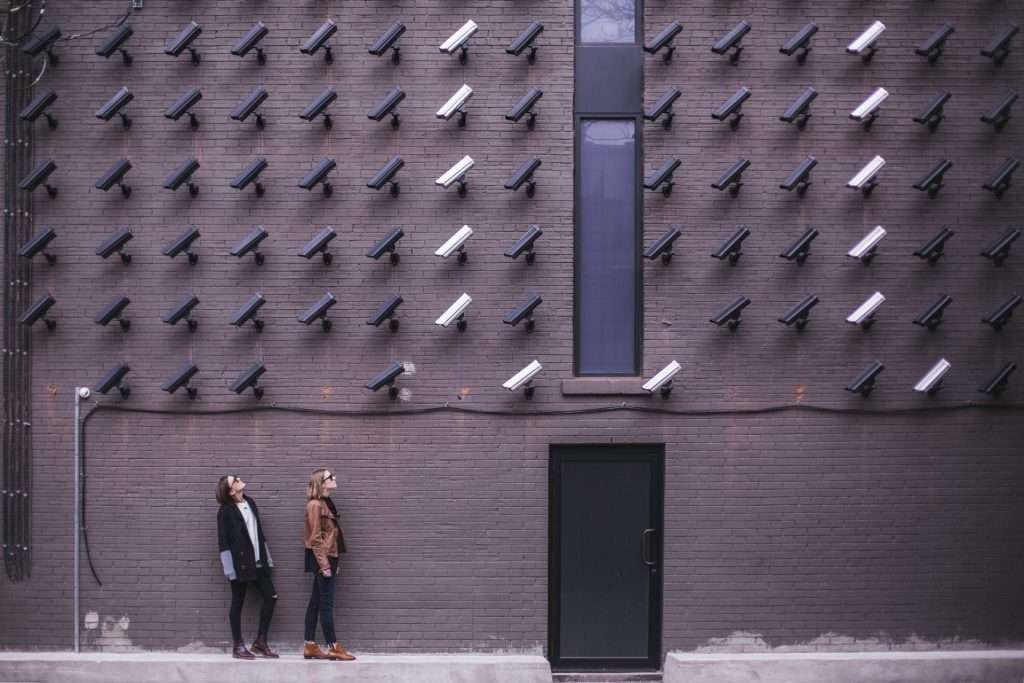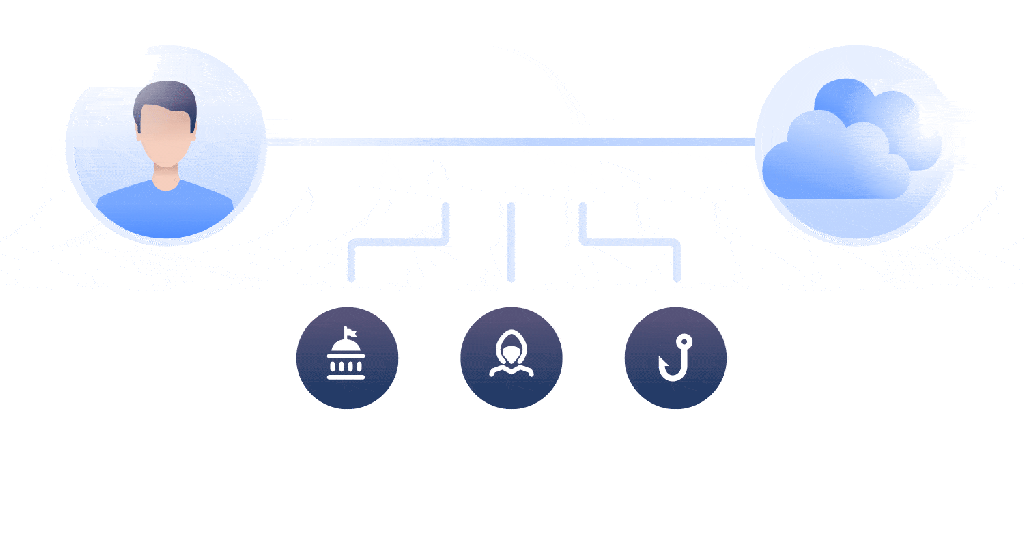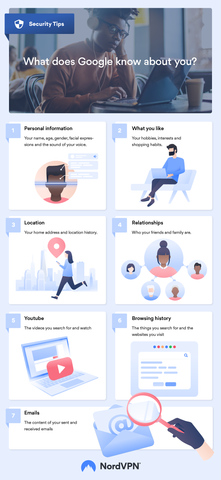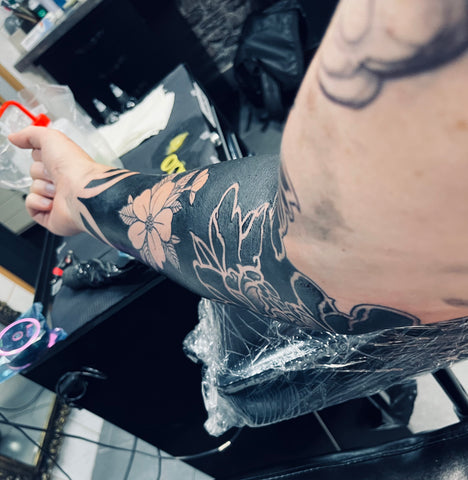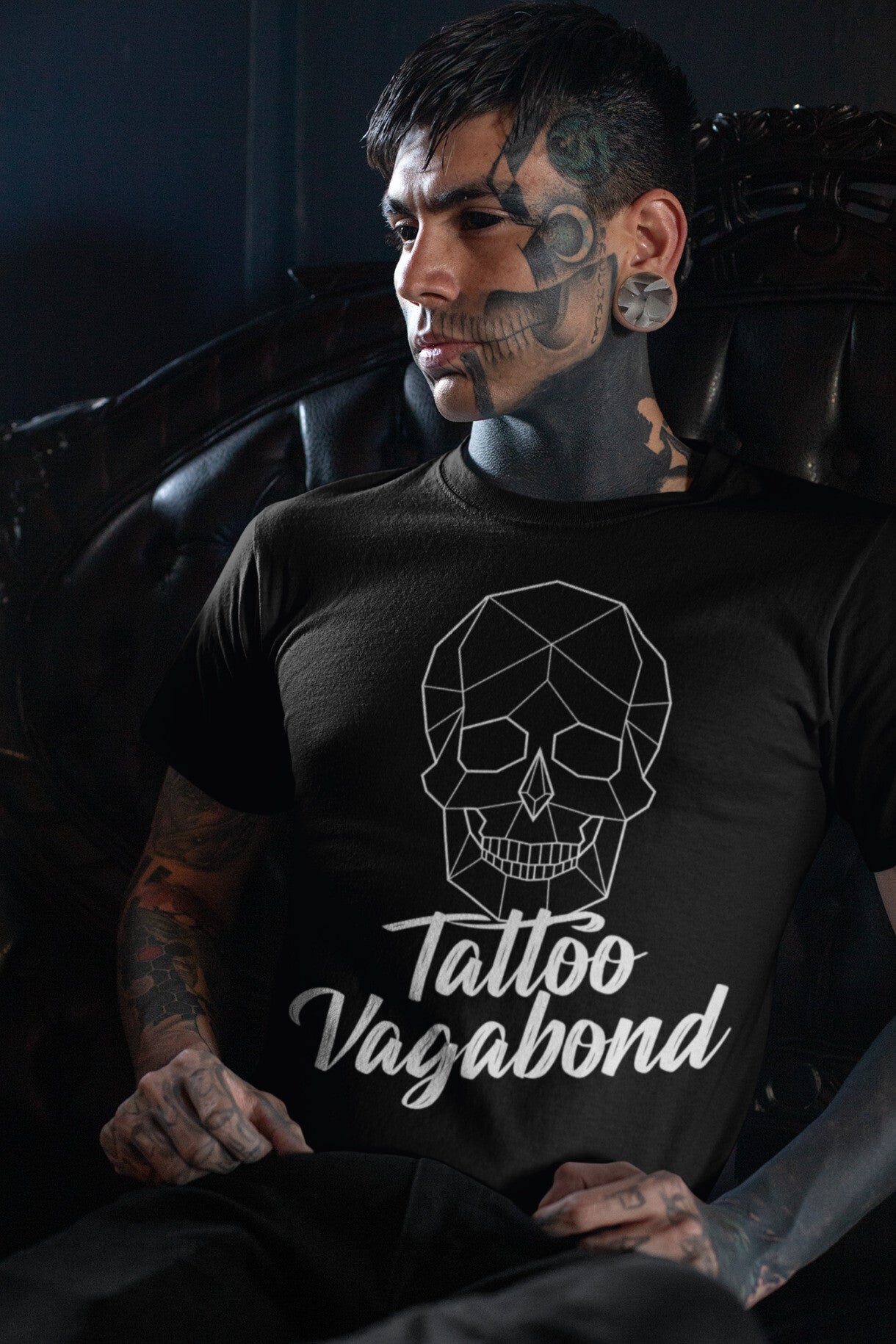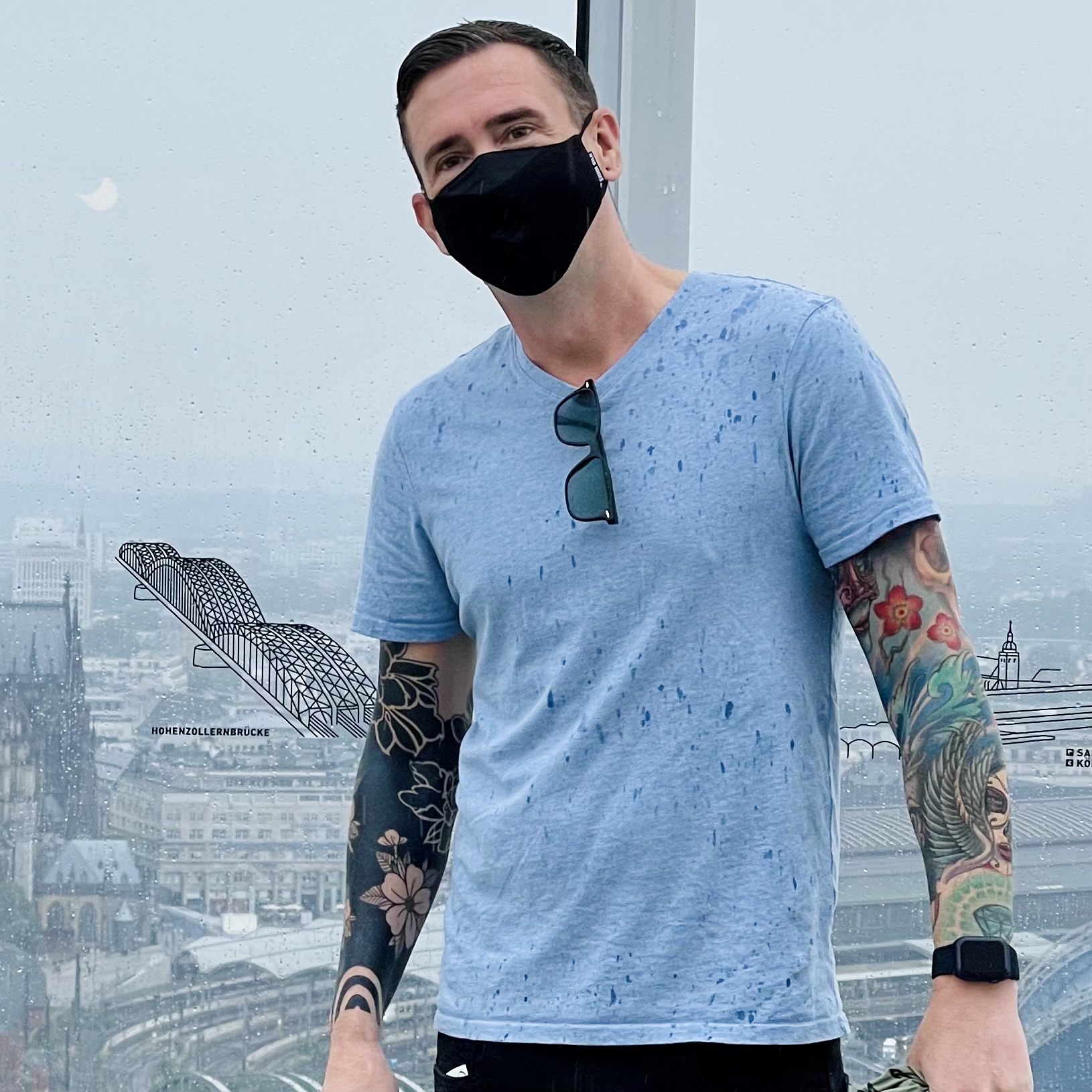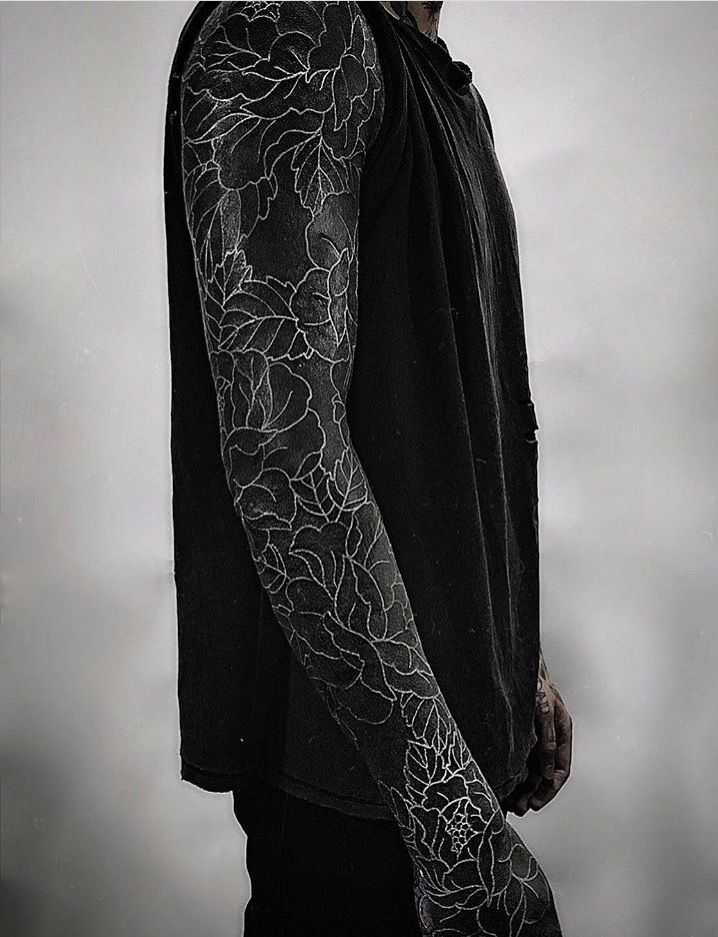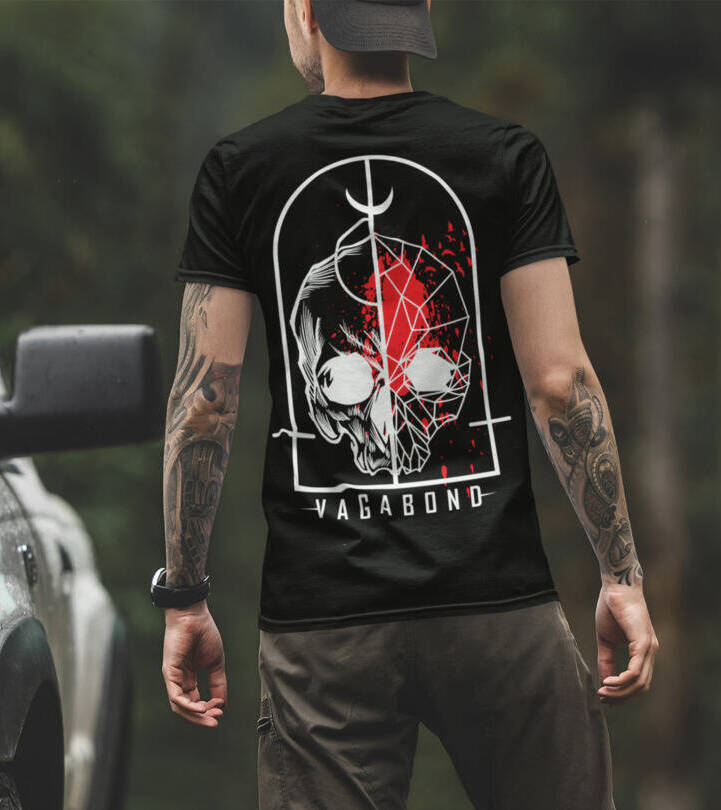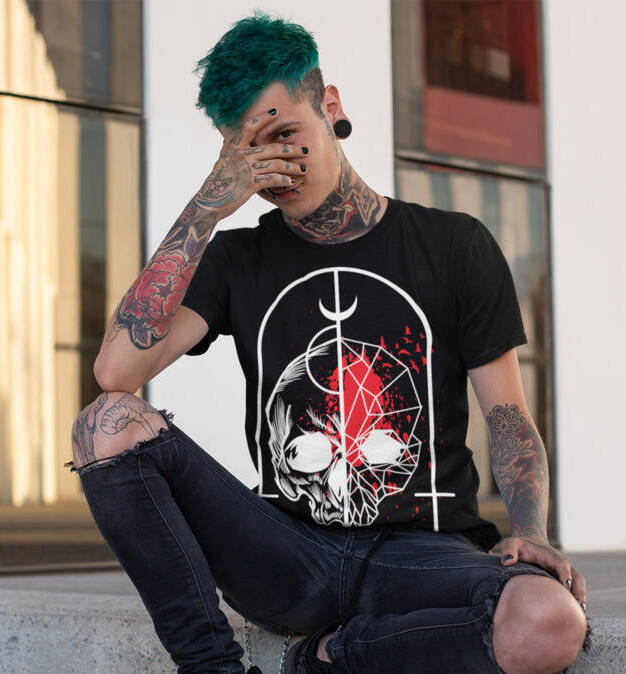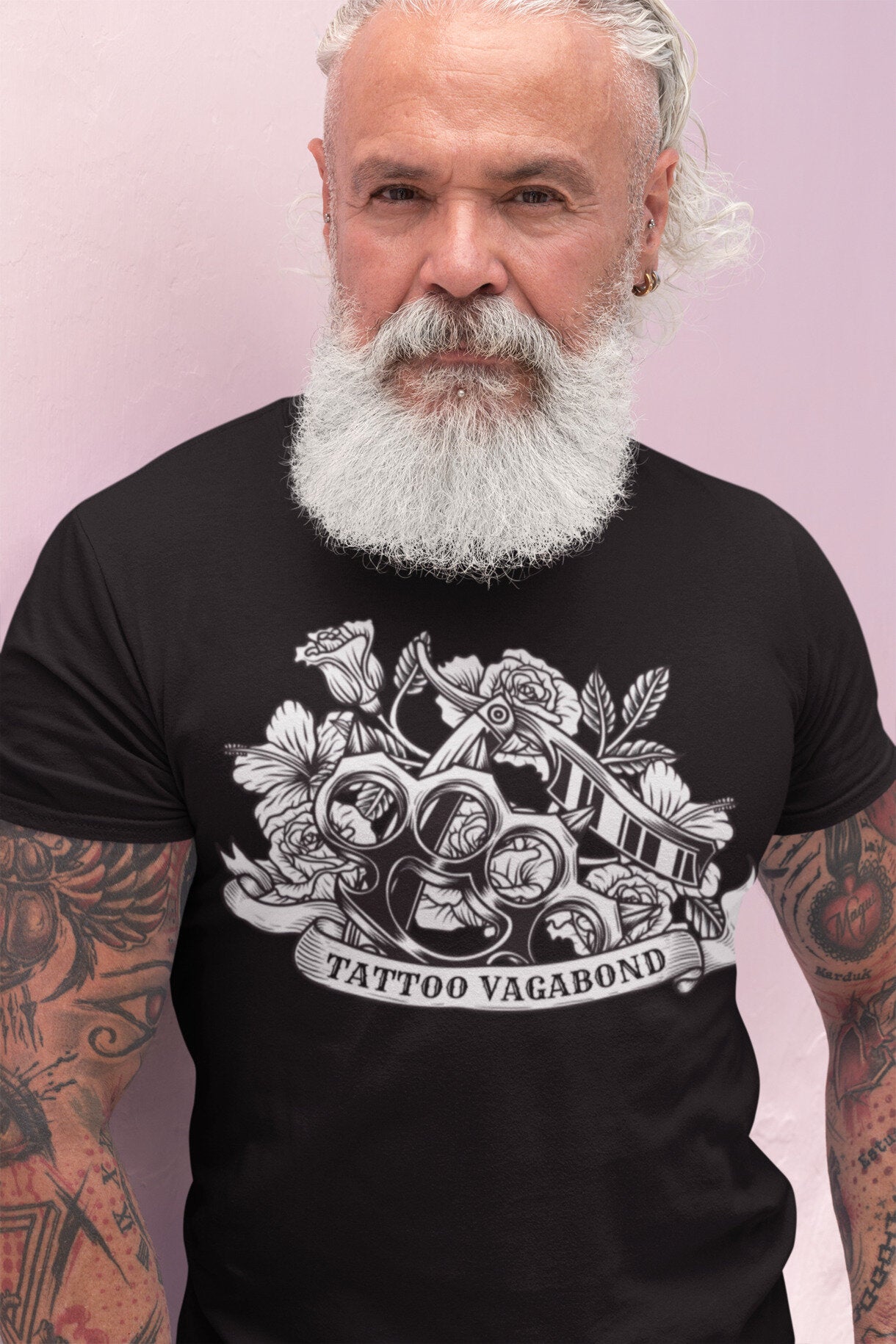You should always use a VPN (Virtual Private Network). But having a VPN on your device is particularly important for people spending time in tattoo parlors and anybody who travels.
So, that’s pretty much every tattooist. And anybody spending time in a tattoo shop getting serious work done. But before we move into why you need a VPN on your device, let’s start with what a VPN is. And what a VPN does.
Why you should use a VPN in tattoo studios
What Is A VPN And How Does It Work?
A VPN or Virtual Private Network creates an encrypted tunnel between your device and the VPN server. Normally, sitting between your device and the web are two things. The local network (WiFi) and the ISP (Internet Service Provider).
On your network (tattoo shops WiFi), anybody with basic to moderate computer skills can watch you and steal your data. People with keyboard skills can steal your social media logins, banking logins and see what you’re searching for online.
For a tattooist, who’s built up their business by working social media and posting an online portfolio, losing your social media passwords could spell disaster.
A kid with an iPhone can steal your social media logins and then start sending scams to all your clients and followers. And because it comes from your account, your clients and followers will think it’s you!
What happens to your business if your portfolio or shop accounts are stolen and all your customers sent scam messages? Are those followers and clients still going to love your art after they’ve been ripped off by someone using your account and pretending to be you? Trust in you and your shop, will go down like a lead balloon.
The other thing sitting between you and the internet, is your ISP or Internet Service Provider. It’s your internet company. You connect to the shops WiFi and it’s connected to the ISP.
The ISP acts like a little snitch. It see’s everything you do on the internet. Every site you visit and every word you type, all your emails, messages and socials. It watches and records everything. Everything you do on the internet.
Your ISP is watching you now as you read this. And it’s recording your visit to this site.
In some countries, the ISP is required to store that information and keep it for a set period. Usually a few years. But, in almost all countries, the ISP will voluntarily keep your information and hand it over to the government (and pretty much anybody else) when asked.
Let’s say somebody with a criminal history or who is under investigation spends time in your tattoo shop. They’re getting work done and you’re just their tattooist. You’ll become a target and will be investigated!
The police don’t care if you’re just their tattooist. They’ll get all your information and your clients information. That ISP snitch will hand over all your emails, messages, social media accounts and your search history.
The police will get so much information about you, from the ISP snitch, that they’ll know what type coffee you like and what type of content you watch online.
And they’ll get all of your other customer details. Any communications with you or the shop that traveled via the internet will get handed over to the police, by your ISP.
This information on your customers could include how much they paid you and when. But, it could also include more personal information, because clients do get chatty with their tattooists.
Think about this for a second; you might not care if the cops are looking at your online history, but would your customers care if all their information and interactions with you went to the government? Probably.
How Does A VPN Stop Hacking And Unwanted Surveillance?
A VPN sets up an encrypted tunnel between your device and the VPN’s servers all over the world. Anybody on your network or at the ISP, will see nothing but scrambled garbage. Because they don’t have the encryption key.
Your device with a VPN locks up your information and sticks it in a capsule. It then sends that capsule down a tunnel to the VPN server. Once at the VPN server, it’s partially decrypted by the VPN company with the first key.
When it reaches the site you’re accessing on the internet, the second key is used and the information is fully decrypted.
If you’re using a VPN like NordVPN with a verified ‘no logs’ policy, then you’re guaranteed that NordVPN keeps no record of what reached them. They can’t see what you’re doing, because they don’t have both keys.
And NordVPN don’t keep a record of what they did decrypted using that first key. So, the information can’t be accessed by others. Because NordVPN simply don’t have that information to hand over. As a matter of strict policy, they don’t record it.
A VPN Hides Who You Are Online!
Every device that connects to the internet has an address. It’s the internet equivalent of a tattoo shops postal address.
On the internet, it’s called an IP address (Internet Protocol address). It’s a string of numbers on your device each time it connects to the web. And it’s unique to your device.
The IP address tells everyone on the internet who you are and where you are. And NordVPN gives you a new one. NordVPN gives you a new IP address. That IP address is assigned to a different location of your choosing. Just select what country you want them to tell everyone you’re in.
It’s the internet equivalent of setting up a safe house online and using a fake ID. It hides who you really are and where you are. It means you can set your location to any country you like and Google, Netflix and everybody else, will think you’re in that country.
It’s great for watching movies or reading the news in different countries. Want to watch US Netflix from a different country? VPN’s make that possible.
This IP address that NordVPN gives you, also plays havoc with those annoying spam ads that you see all over the internet. Because those spam display ads have trouble seeing where you are or which country you’re in. And they can’t put trackers on your device with ‘Threat Protect’.
NordVPN has a feature called ‘Threat Protect’. It stops you from accidentally going to dangerous websites set up to steal your information or give you viruses. And it blocks trackers and annoying popup ads.
Using NordVPN on the internet is like setting up a safe house, using a fake ID and having a pitbull in the front yard, chasing off the door to door sales representatives.
If you want to learn more about NordVPN and check if your current connection is secure, go to www.nordvpn.com and look at the banner on top of the screen.
